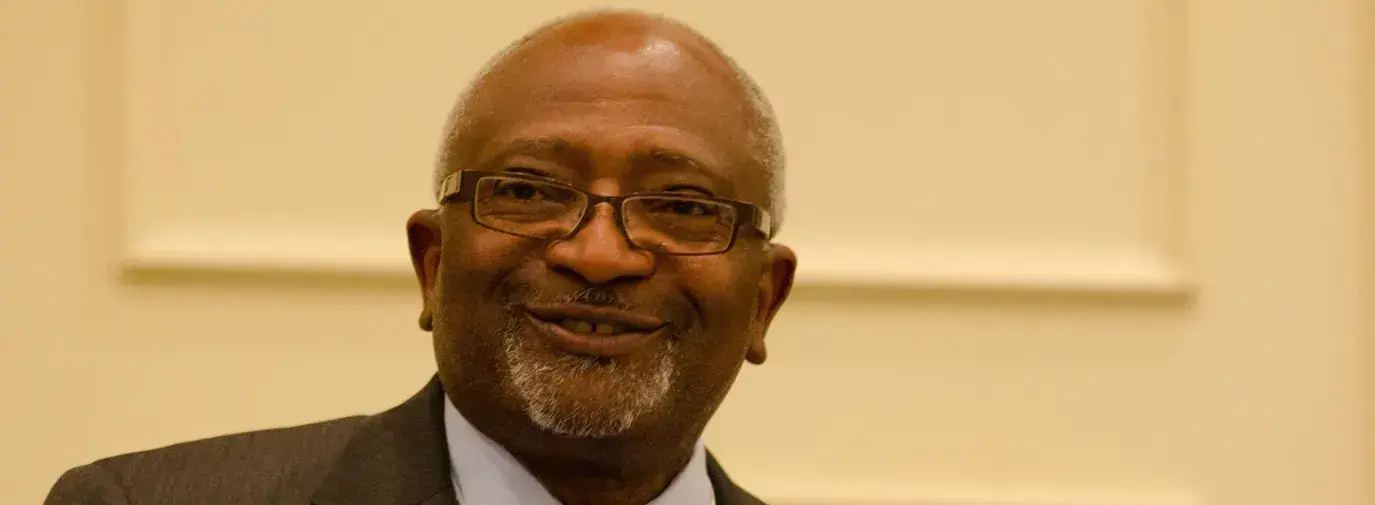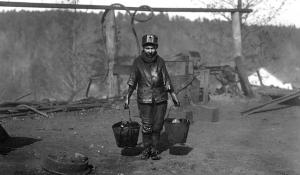
"Having students at historically black colleges and universities, and minority- serving institutions involved in a climate justice movement is crucial for that movement to succeed. The issue of climate change is too important to leave to a small segment of our population."
Known as the “father of environmental justice,” Dr. Robert Bullard is the dean of the Barbara Jordan-Mickey Leland School of Public Affairs at Texas Southern University.
Green America/Martha van Gelder: Why is climate change an environmental justice issue?
Dr. Robert Bullard: Climate change as an environmental issue is often presented in a way that glosses over the disparate impact on populations. Oftentimes, there are vulnerable populations that are hit the hardest and the worst and the longest by extreme weather.
The science presented oftentimes overshadows the vulnerability of people. This is not just unique to climate change; it also present in the dominant paradigm that was put forth in the conservation and environmental movement. And so we merge the social justice and the social equity part with the environmental part to get an environmental justice movement. If you do the same for global warming, you get a climate justice movement.
Green America/Martha: Why are historically black colleges and universities (HBCUs) so vital to the climate change movement?
Dr. Bullard: If you look at the geographic location of HBCUs, you will see that many of our schools are located in areas that often have a history of being prone to flooding and severe weather events, heat waves, and all kinds of disasters.
Green America/Martha: What do you think it will take for real change on the climate?
Dr. Bullard: Having students at historically black colleges and universities, and minority- serving institutions involved in a climate justice movement is crucial for that movement to succeed. The issue of climate change is too important to leave to a small segment of our population.







